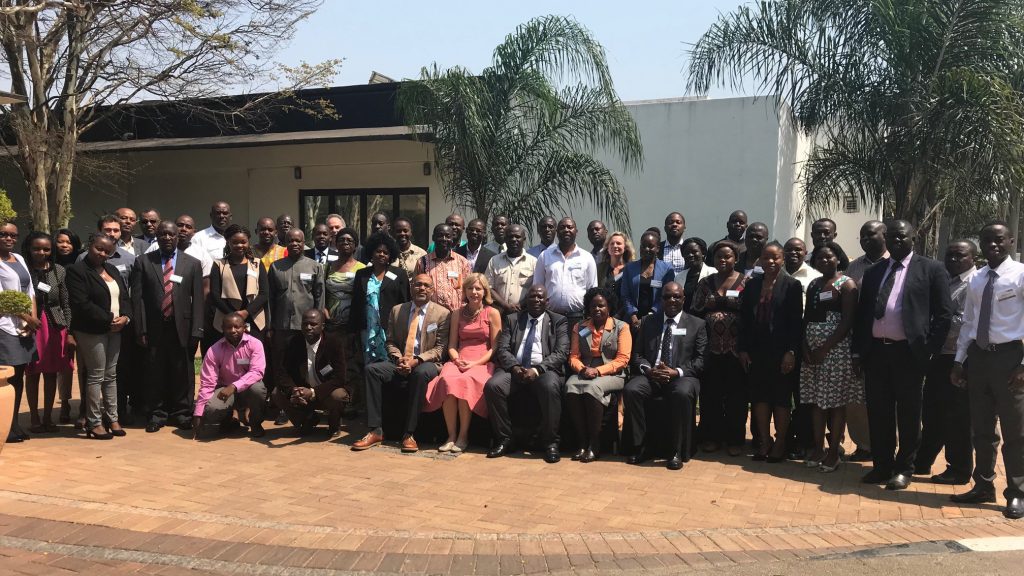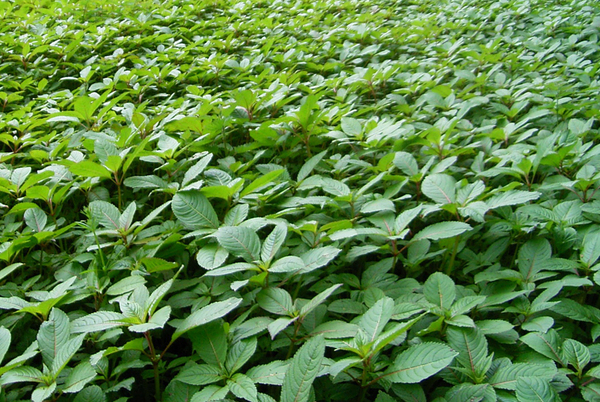Communication is key: CABI publishes framework for strategic communications during pest outbreaks
The invasion of a highly destructive plant pest can have a devastating effect on farmers’ crop production, natural ecosystems and economic trade. In Africa, where a large proportion of people live in rural areas and rely on subsistence agriculture, invasive species can cause severe damage and seriously impact food and nutritional security.
Reaching more farmers with fall armyworm knowledge and information through ICT-enabled extension
Since 2017, CABI and partners have launched a series of extension campaigns in Kenya and Uganda in the fight against the invasive pest fall armyworm. These campaigns used integrated ICT-enabled approaches combining radio, SMS, and community video screenings with the aim of improving awareness, knowledge and management practices for fall armyworm. Although smallholder agriculture is…
Fall armyworm in Africa: communicating out of a crisis
Take a quick look at the map of the fall armyworm invasion. It gives you a good feel for the number of smallholder farmers in sub-Saharan Africa directly affected by a small caterpillar eating their staple crop – maize – at a rapid rate. As a communication professional working in agriculture, it has been the…
Progress made on fall armyworm, but greater effort needed
A major new report published by CABI has today revealed that losses due to fall armyworm are lower than projected in 2017 and the pest is still primarily focussed on maize rather than any other potential host crops. Better monitoring, swift responses by governments and farmers and an increase of natural enemies attacking the pest…
Citizen Scientists attempt traditional solutions against fall armyworm
First reported in Africa in September 2016, fall armyworm (Spodoptera frugiperda) is now present in most sub-Saharan countries, where severe damage in maize fields has been observed. Kenya is one the countries that has not been spared the wrath of this invasive pest. Since it was first reported in Kenya’s western region (Trans Nzoia, Busia,…
Plans for strategic action to tackle invasive species in Africa advance
Plans towards developing a comprehensive strategy that will enable sub-Saharan Africa (SSA) to deal more proactively and effectively with invasive species have advanced significantly. This milestone has been achieved through a recently concluded workshop co-organised by the International Centre of Insect Physiology and Ecology (icipe), the International Institute of Tropical Agriculture (IITA) and CABI, with support from the Swiss Development…
A can of worms: fall armyworm invasion in Africa
By CABI’s Roger Day. Reblogged from the Food and Business Knowledge Portal The fall armyworm is still invading regions in Africa. Since 2016 this worm has been spreading across sub-Saharan Africa and has been officially identified in 11 countries. Roger Day from the Centre for Agriculture and Biosciences International (CABI) elaborates on its dangers in this…
Removal of invasive shrub could be an easy way to help reduce malaria transmission
Removing the flowers of an invasive shrub from mosquito-prone areas might be a simple way to help reduce malaria transmission, according to a new study published in the open access Malaria Journal. Removing the flowers from villages in Mali decreased the local mosquito vector population by nearly 60%.







